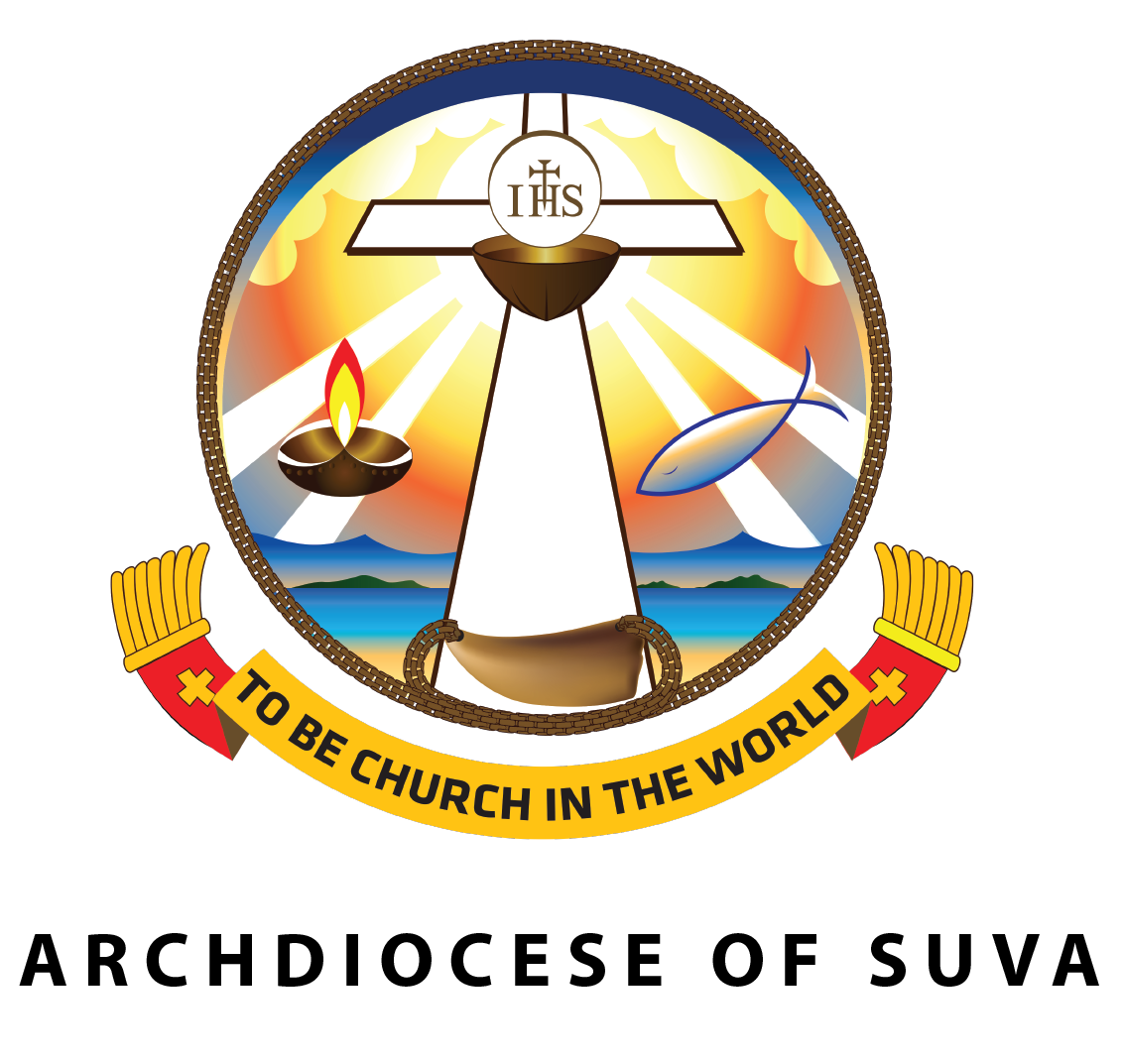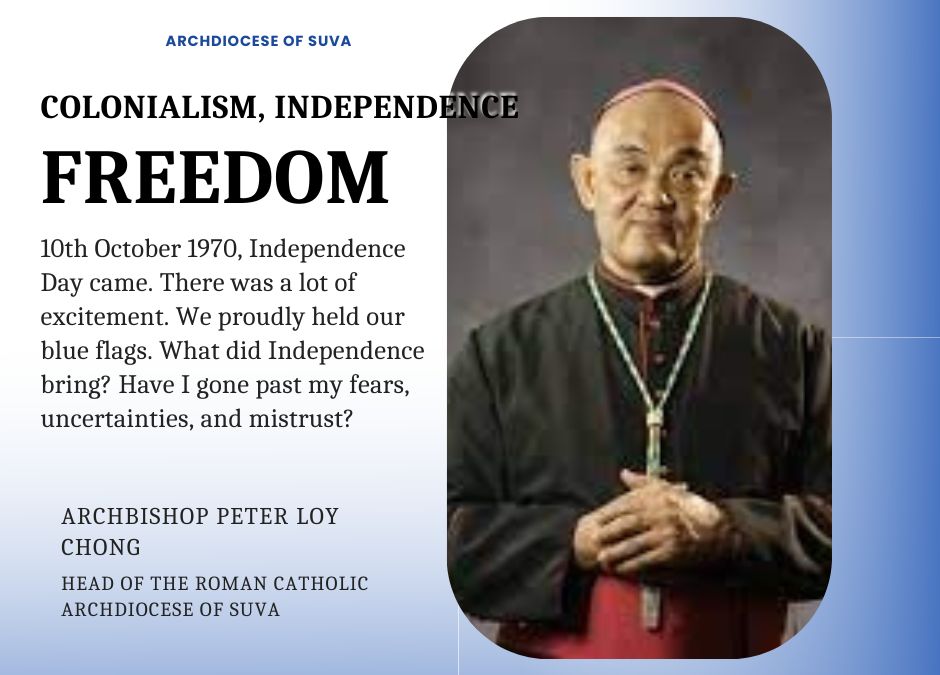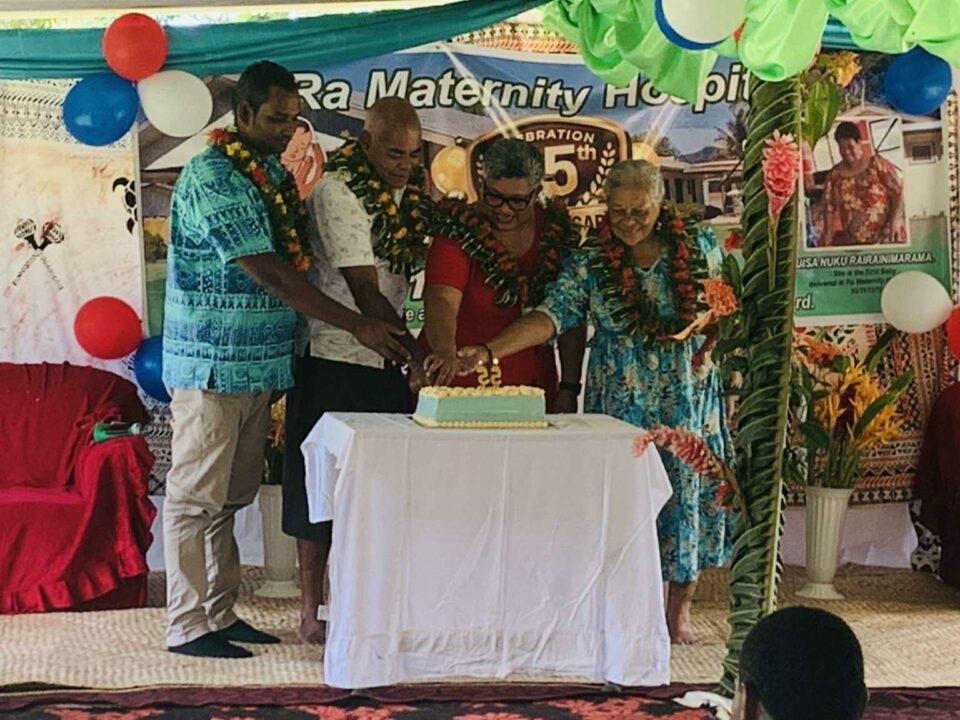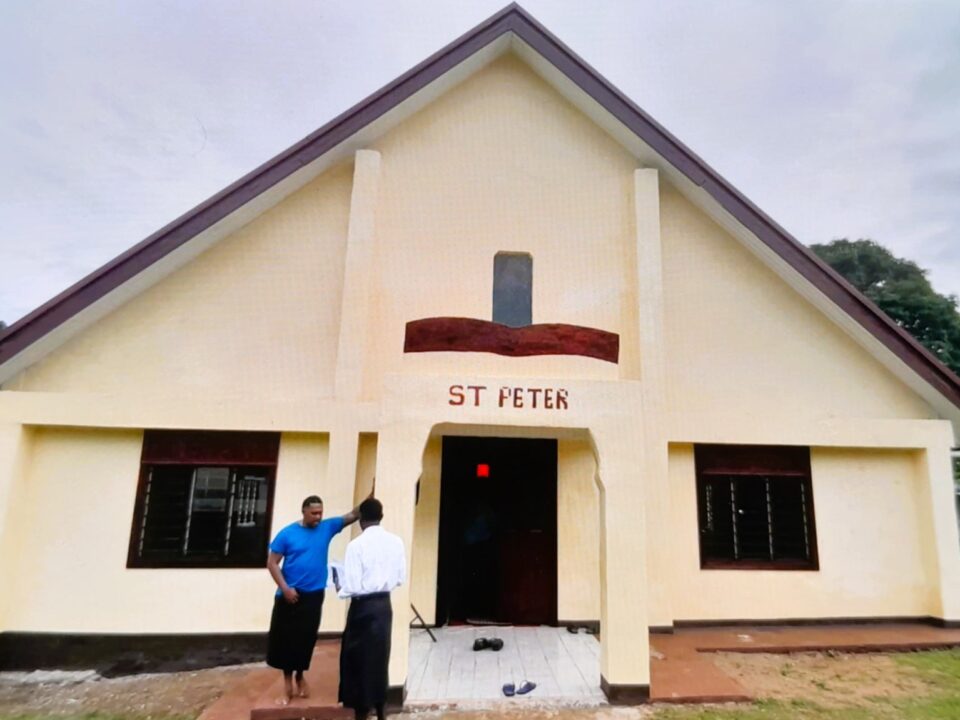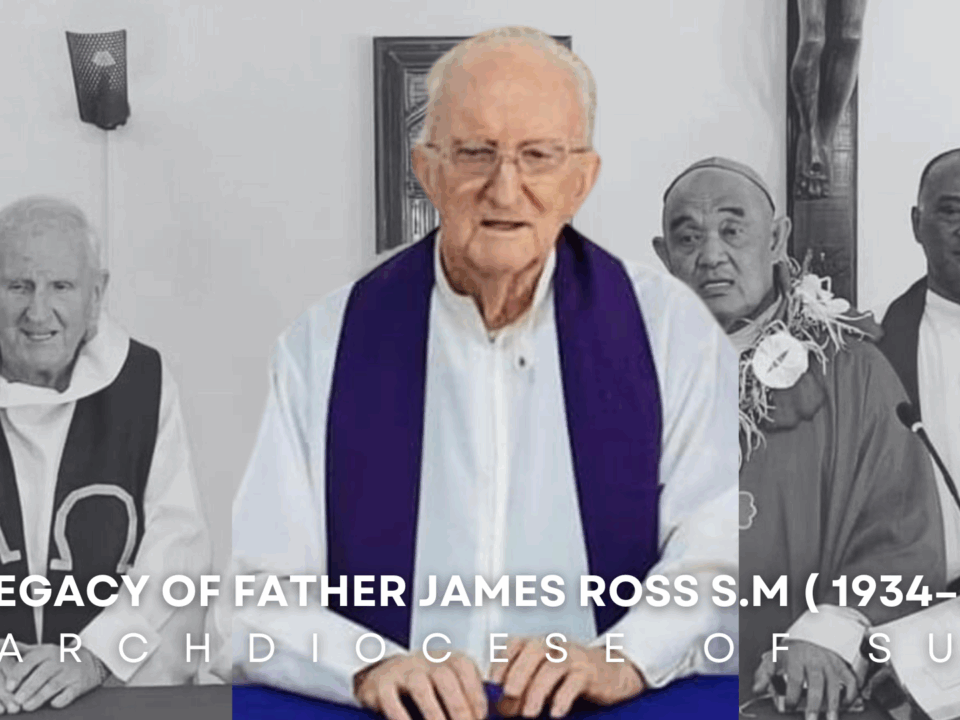Colonialism, Independence, Freedom By Archbishop Peter Loy Chong
I was born in 1961 and therefore I experienced the last nine years of British colonization. I am what they referred to in those days, a half-caste, meaning part Fijian and Chinese. Because of my mother’s itaukei relatives I am very itaukei-cultured.
In the 1960s, Fiji moved precariously towards independence. The tension was high between Itaukeis and Indians. Itaukeis feared that the Indians with their money-power will win the elections and rule Fiji. I grew up with this fear.
My family lived along the Wainalumu River, a tributary of the Rewa River. The closest town was Nausori. When traveling to Nausori we go through the Baulevu area which is densely populated by Indians. I clearly remember counting the number of Indians against Itaukeis in the bus, in case a fight broke out. Fear and uncertainty were my experiences of the last nine years of colonialism.
Some itaukei people tell me that suppression and fear marked the colonial era. Itaukei villages were governed by two legal systems, the Village Law (Native Administration) and Colonial Law. The native policeman (ovisa ni yasana) is the most feared person. He comes looking for you if you don’t pay your native tax. If a person broke a village law, he appeared before the native court.
Fear, uncertainty, and mistrust, were deep feelings during the last nine years of colonialism.
10th October 1970, Independence Day came. There was a lot of excitement. We proudly held our blue flags. What did Independence bring? Have I gone past my fears, uncertainties, and mistrust?
The first fifteen years of Independence and its dreams was short-lived with the 1987 coup. Since then, we’ve had three other coups. The Bainimarama-led 2006 coup was labelled as the ‘coup to end all coups.’
Today Fijians live in uncertain times. We live in fear. It is dangerous to speak your mind for truth and justice. I have been threatened for speaking out.
Today, there are new colonial forces moving into Fiji. There is the fear of China and Chinese extractive industries and companies. There are powerful multinational corporation taking their places. Big nations like Australia, USA, New Zealand and China are exerting political influence in Oceania.
This year Fiji celebrates fifty-two years of independence. But are we truly democratic and free. Are we fear-free?
Catholic Social Teaching on Democracy
To promote a genuinely Independent Fiji, the Catholic Social Teaching upholds two principles for genuine democracy. They are participation and subsidiarity.
- Participation
The late Pope Paul VI taught that participation and equality are fundamental foundations of human dignity and freedom. He said that there is a basic drive in human beings as they seek greater development, that is, to share responsibility in decision making that shape their individual and collective future.
Patron-client politics and Globalization suffers from a ‘democratic deficit’. Globalization has two weakness in decision making:
- Local communities do not participate in decision making. Decision about trade, foreign debt, and capital investments are made with little or no input from the majority of the people affected.
- The divide between the state-elites and local communities hinders true participation
In sum, the democratic deficit of globalization means that large numbers of world’s peoples do not participate in a meaningful way in decisions that will directly bear on their well-being.
- Subsidiarity
The principle of subsidiarity calls for local communities to assess, decide, and act at the most local level possible while still being effective in securing the common good. The state should not take over duties and responsibilities that local communities can carry out themselves.
In globalization, nation states have not disappeared but they now operate within a different context. Nation states retain power, but they must wield that power in collaboration with other powerful nations and multination corporations. In reality, it is the multinational corporations’ that rule the world.
Call for New World Order: Another World is Possible
The Catholic Social Teaching, through the late Pope John Paul II urgently calls for a new world marked by the following:
- A new constitutional organization for the human family, truly capable of ensuring peace and harmony between peoples.
- An urgent need for participatory ways for exercising political authority, even international political authority, and for transparency and accountability at every level of public life.
- That globalization serves authentic human development
The Catholic Church has two key roles in Fiji’s political history:
- To set forth the requirements of just social action set forth in the Bible and Catholic Social Teaching;
- To denounce social, economic, or political actions and structures in the name of justice and Kingdom of God.
The Church wants to build a just society and it seeks to do so on the solid foundation of four fundamental values: Truth, Freedom, Justice and Love. In its commitment to a just society, the Catholic Church seeks to enhance true democracy in Fiji.
On behalf of the Fiji Catholic Church, I pray that all Fijians collaborate for a truly independent, democratic and just society where the principles of participation, subsidiarity, human dignity and freedom is practiced.
May God Bless Fiji!
